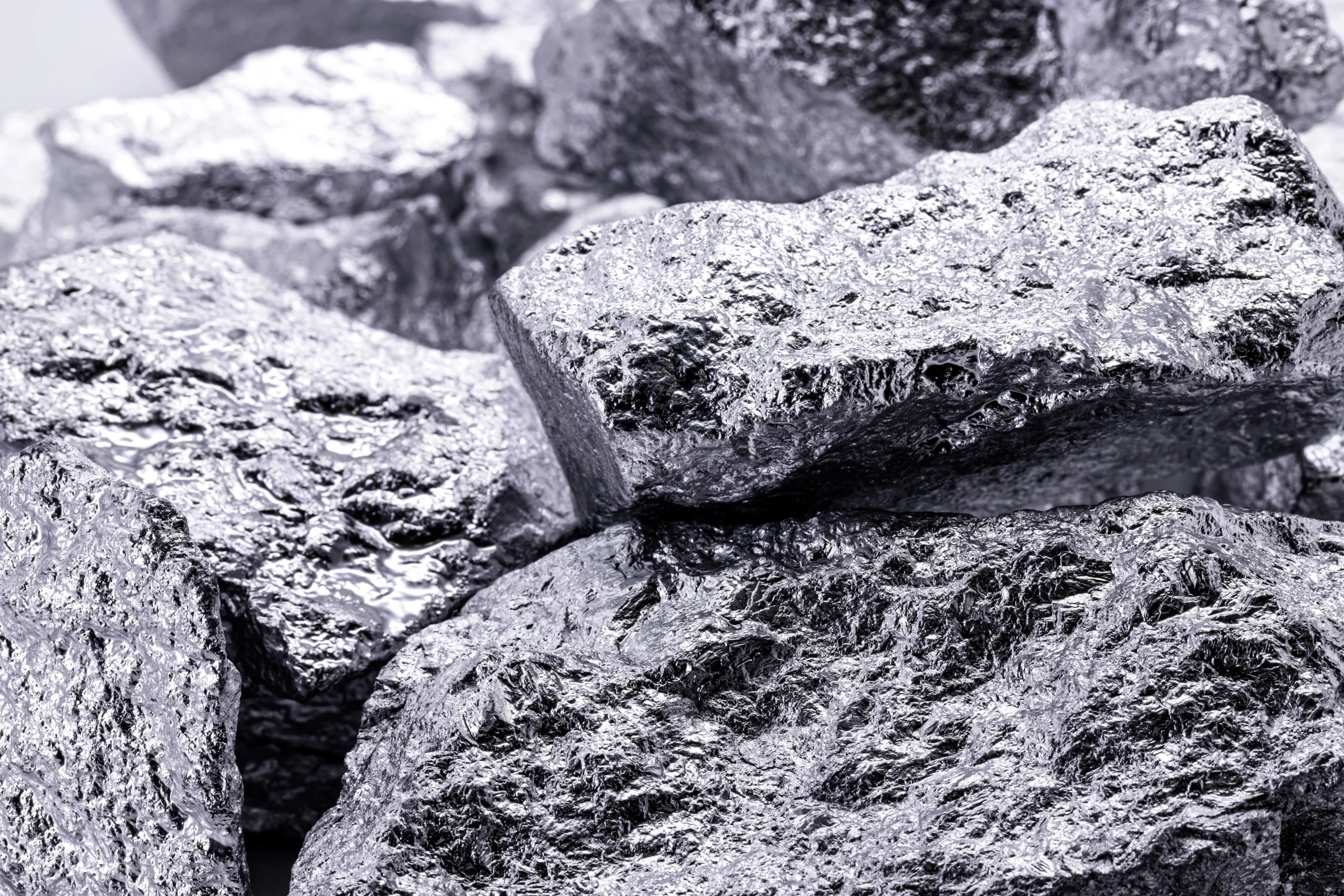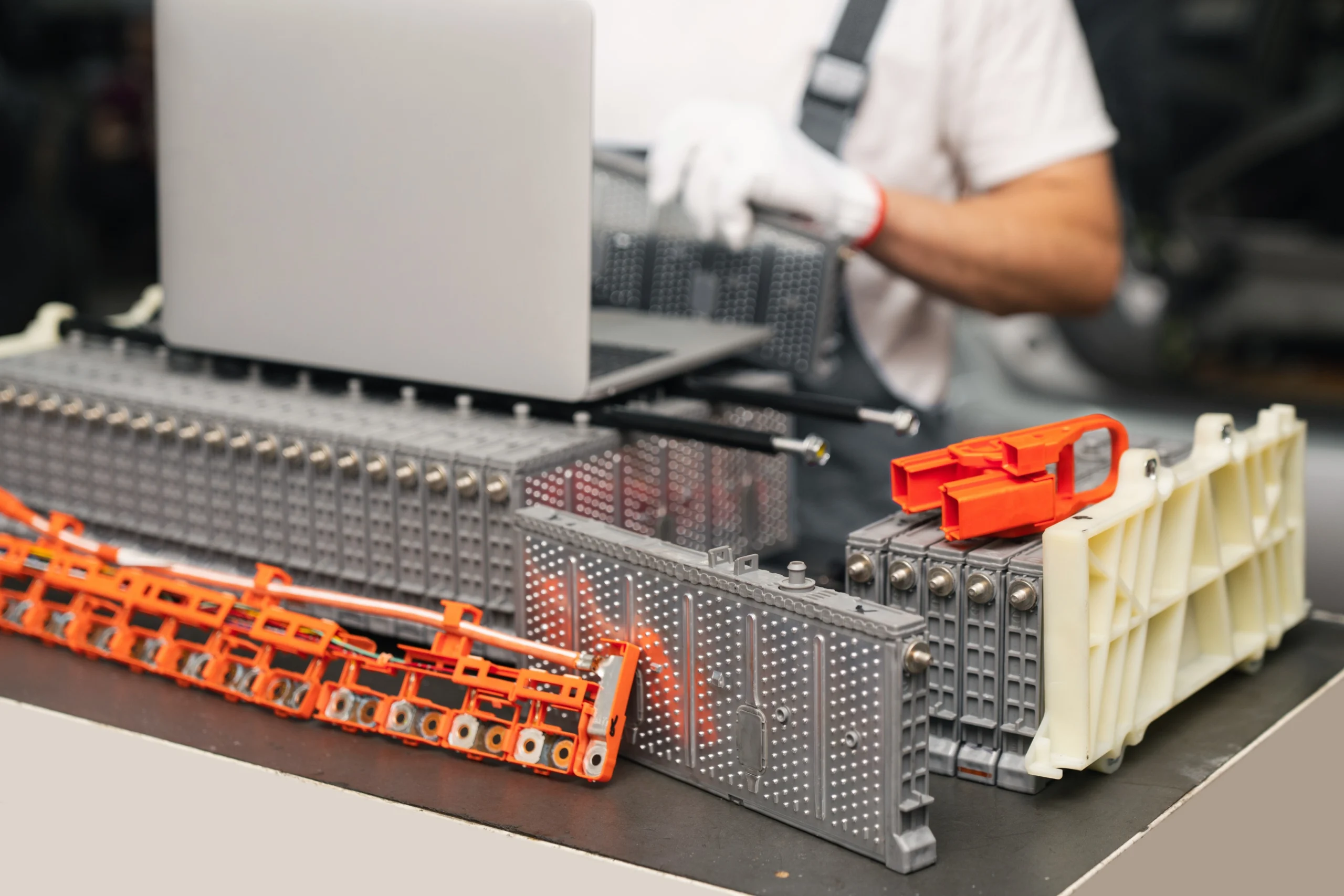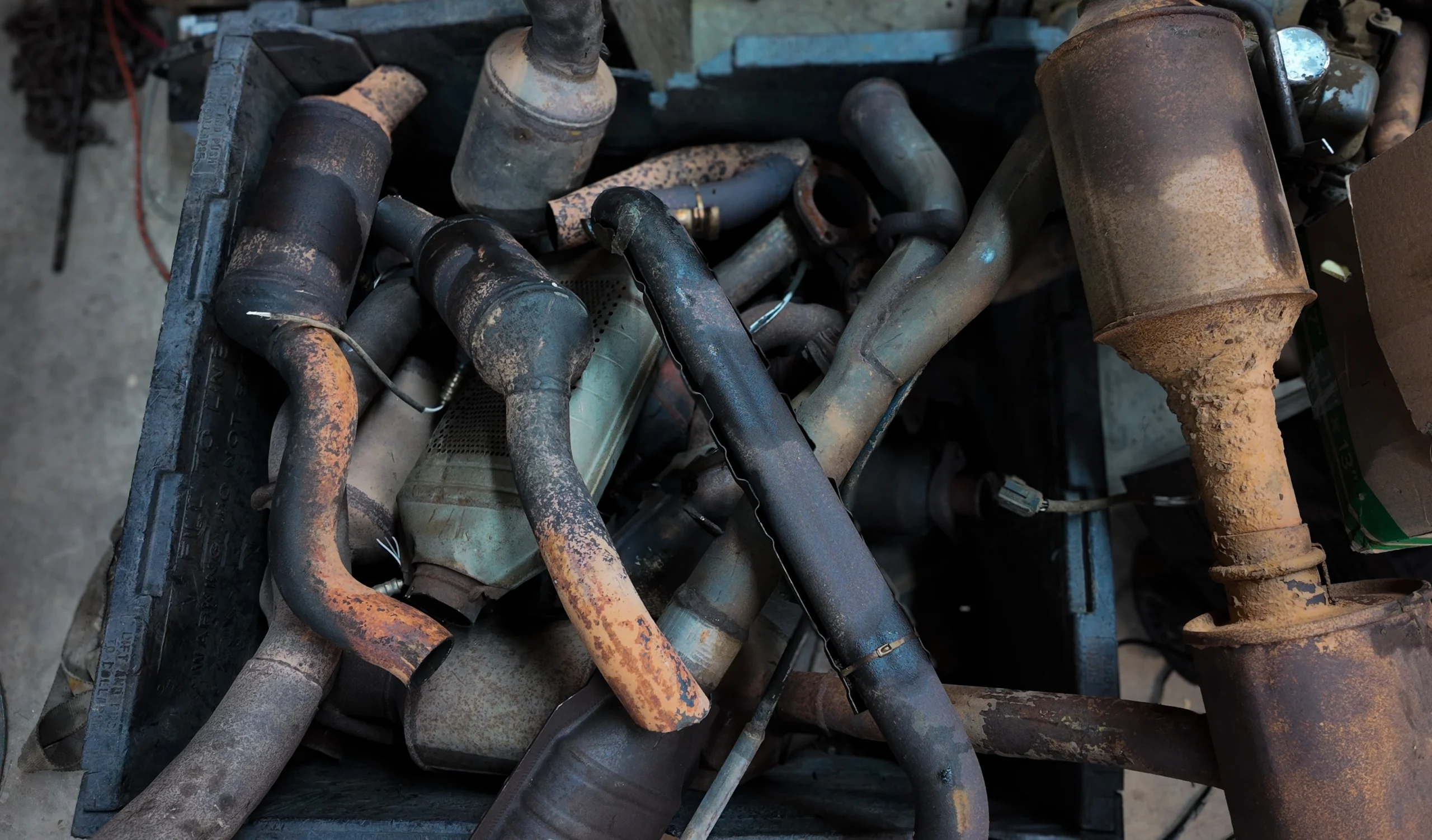The automotive industry is evolving rapidly, pushing for sustainable and cost-effective solutions. As demand for platinum, palladium, and rhodium rises, manufacturers and researchers are exploring alternatives. The big question remains: Can a catalytic converter function effectively without these expensive materials? While innovation is making strides, the transition away from precious metals is still in progress.
Why Are Precious Metals Used in Catalytic Converters?
A catalytic converter plays a crucial role in reducing vehicle emissions by transforming harmful gases into less toxic substances. Platinum, palladium, and rhodium serve as catalysts that facilitate chemical reactions, breaking down pollutants like carbon monoxide and nitrogen oxides. These metals are incredibly efficient, but their scarcity has led to increased catalytic converter price fluctuations. As mining costs soar, the push for alternative materials becomes stronger.
The Problem with Precious Metals in Catalytic Converters
The high cost of precious metals is not the only concern. Mining these elements has significant environmental and ethical implications. Extracting them requires intensive labor and often occurs in regions with questionable mining practices. Moreover, price volatility affects the catalytic converter scrap price, making it difficult for businesses to predict market trends.
Recycling has helped offset some of these issues, allowing businesses like Recohub to extract valuable metals from used units. Engaging with a catalytic converter recycler remains one of the most sustainable ways to manage metal demand while supporting eco-friendly practices.
The Numbers Behind Precious Metal Demand
- In 2023, platinum prices averaged $1,000 per ounce, while rhodium peaked at $4,000 per ounce (source).
- Over 90% of palladium demand comes from the automotive industry.
- More than 40 million catalytic converters are recycled globally each year, contributing to metal recovery and sustainability (source).
Are There Viable Alternatives to Precious Metals?
Research into alternatives is progressing, with promising materials showing potential for replacing traditional catalysts. Some of the most notable developments include:
- Nanomaterials – Scientists are investigating nanoparticle catalysts, which require significantly less platinum group metals while maintaining efficiency (source).
- Perovskite-based Catalysts – These ceramic-based materials have shown promise in reducing emissions without relying on costly metals (source).
- Hybrid Catalysts – A combination of lower-cost metals and advanced coatings is being tested to enhance efficiency and longevity (source).
Real-World Case: Toyota’s Research on Alternative Catalysts
Toyota has been actively researching alternatives to platinum-based catalytic converters. In a recent study, the company developed an iron-based catalyst that demonstrated up to 80% efficiency compared to traditional platinum catalysts. While still in the experimental phase, this breakthrough could significantly impact future catalytic converter recycling and manufacturing (source).
What Does This Mean for the Recycling Industry?
Even with technological advancements, catalytic converter recycling remains the most effective way to recover valuable materials and reduce reliance on mining. As automakers experiment with new catalysts, the demand for recycled metals continues to grow. Businesses working with Recohub can benefit from competitive catalytic converter scrap price offers, ensuring they maximize returns on used units.
The Road Ahead: What to Expect
Although alternative technologies are advancing, widespread adoption will take time. Until then, catalytic converter recycling remains the best way to sustain the industry while keeping metal costs in check. Companies looking to sell their used converters can trust Recohub, a trusted catalytic converter recycler, to handle the process efficiently and responsibly.
For those in the automotive and recycling industries, staying informed about these developments is essential. The future of catalytic converter technology is shifting, but one thing is certain—recycling remains a critical piece of the puzzle. Whether you’re looking to sell your used unit or stay ahead of industry trends, working with experts ensures you get the best catalytic converter price while contributing to a more sustainable future.







